Following the formation of Organic NI as a body to represent organic farmers and growers in NI last year, the stakeholder group has now put in place a formal structure and is recruiting members.
David Laughlin from Organic NI said that the group was set up to represent the organic sector after initially coming together last year to lobby for an organic farming scheme to be included in the new Rural Development Programme (RDP) 2014-2020 for NI.
The original draft RDP for NI did not include funding for organic farming, but after local organic farmers took their case to Brussels, a scheme was included in the final document which was approved by the European Commission in August 2015.
Under the new Organic Farming Scheme, payments will be available for farmers converting to organic at rates of £144/ha for grassland, £149/ha for arable and £9/ha for rough grazing. For grassland and arable over 60ha, payments will be made at a rate of £45/ha.
“The recognised time period for conversion is two and half years. During that time period the farmer has to farm organically but doesn’t benefit from the value added by selling organic product. The organic conversion payment will help to offset the difference,” Laughlin said.
Payments
For those already converted to organic, management payments in the new scheme will be paid over five years at £53/ha for both grassland and arable and £8/ha for rough grazing. Over 60ha, payments for grassland and arable reduce to £20/ha.
Payments for horticulture will also be available for conversion and maintenance at £358/ha and £197/ha the first six hectares and then at £149/ha and £53/ha respectively thereafter.
It is expected that the Organic Farming Scheme will open later this year.
Demand
In 2015, a total of 9,000ha in NI (0.9% of the agricultural area) was farmed organically by 150 farmers recognised by organic certification bodies. This is significantly less than in 2010, when 15,000ha was farmed organically.
However, Laughlin said that the interest in organic produce was increasing among consumers as the economy comes out of recession. “It is perceived as a high end market, although that is not necessarily always the case. There seems to be an increasing niche market for us,” he said.
Emerald Organics and United Irish Organics are the two main organic milk buyers in NI that mainly supply the liquid market. In the beef sector, ABP is the main outlet.
Laughlin said that there was room for organic production to increase as the market grows.
“We need to stage it carefully so that we do not fall into the trap of having more product than we can sell as that would depress prices for all organic producers,” he added.



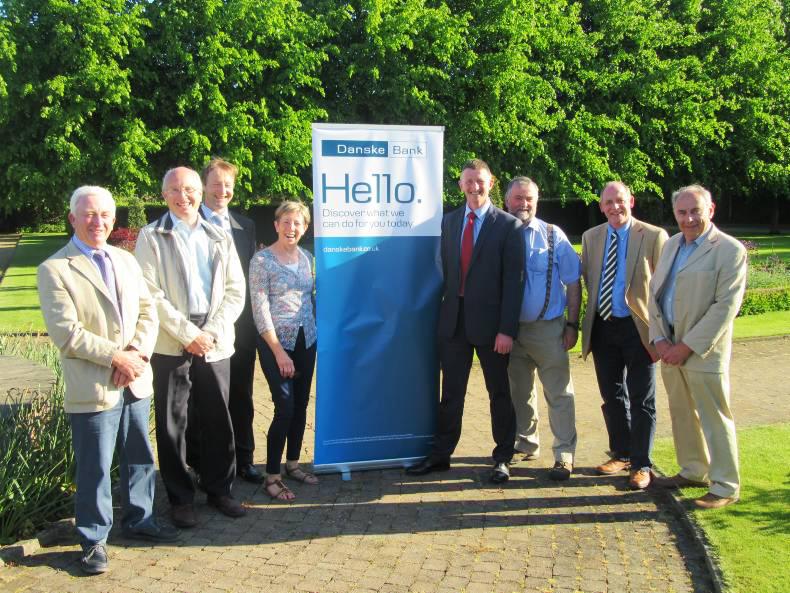

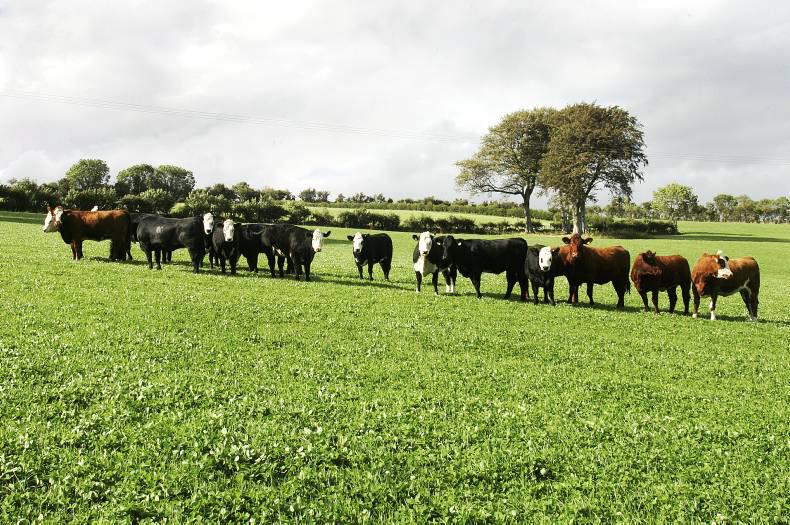
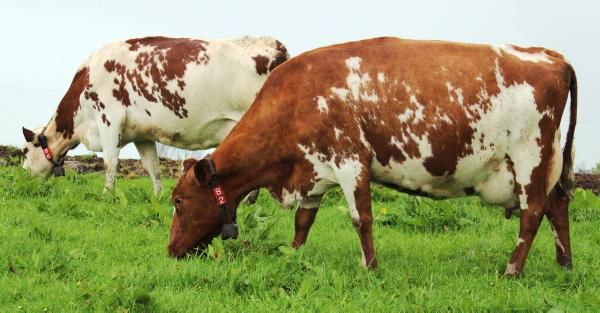
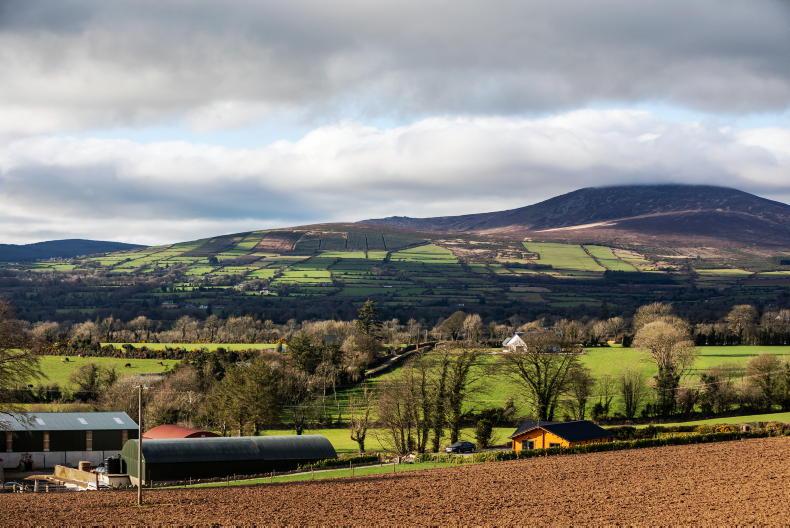
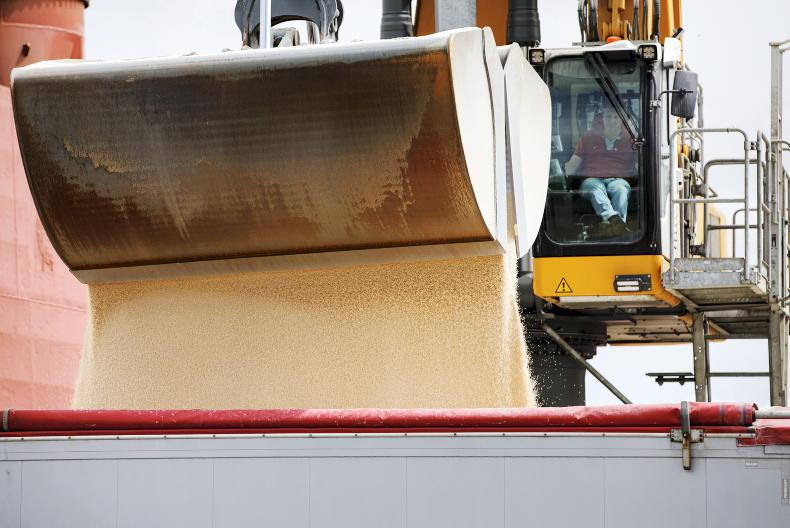
SHARING OPTIONS